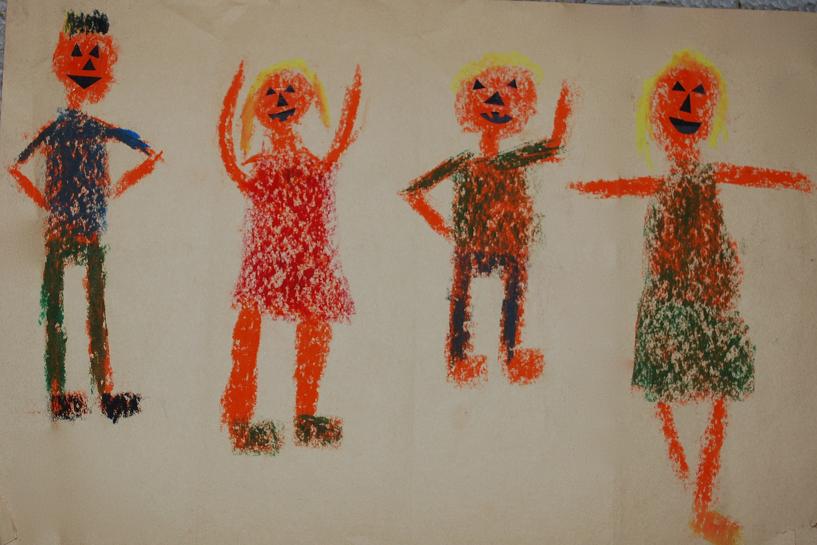Divorce is painful. Even when one thinks it’s the best decision for all involved, it’s still painful. In my career as a mental health provider and licensed Marriage and Family Therapist, what I’ve found especially troublesome is when the divorcing or divorced parents make it even harder on the children.
Divorce is painful. Even when one thinks it’s the best decision for all involved, it’s still painful. In my career as a mental health provider and licensed Marriage and Family Therapist, what I’ve found especially troublesome is when the divorcing or divorced parents make it even harder on the children
The child is already reeling from “losing” daddy, or mommy. They may have to move, change schools, adjust to changing economic circumstances. They may feel insecure, not knowing when they’ll be seeing the other parent, who’ll tuck them in at night, or what’s going to happen next. Some children hold onto a sense of guilt thinking something they did or didn’t do caused the split in the family. It’s often a sad, hurtful, confusing, and scary time for children, whatever their age.
Caught up in their hurt and anger, many parents quadruple the pain for their children by bad-mouthing, belittling, and blaming the other parent (and yes, children will know even if they’re in the next room or “asleep”); turning to the child to meet his/her emotional needs; or by using the child as a messenger or go-between.
I recently witnessed my forty-year-old daughter’s nasty divorce. I watch as ten-year-old “Aaron” gets in trouble with petty stealing, lying, and struggles with self-esteem. I watch as eight-year-old “Jessie” has trouble regulating her emotions and reverts to baby-talk and tantrums to get attention. I say “watch” because there is little else I can do. In spite of (or perhaps because of) my professional background, my adult children do not turn to me for my expertise. So since I can’t help them, perhaps I can offer some tidbits for people in cyberspace who might find them of value.
Much of the following is adapted from a handout I’ve shared with many clients entitled “Guidelines for a Successful Partnership for Post-Divorce Parenting” by Harriet Whitman Lee, attorney and psychologist:
• Of utmost importance is to respect your children’s relationships with your ex-spouse. You, not your child, is the one divorcing.
• Recognize that the other parent is your partner in parenting and, unless he/she has abandoned the children, will be for perhaps many years.
• Try to be businesslike with your former spouse. Make appointments to discuss (whether by phone or in person) matters concerning the children.
• Be Polite. Do not use bad language or name call, even if the other person does so. On the other hand, you do not have to allow yourself to be demeaned — hang up or leave the meeting.
• Do not conduct business under the influence of alcohol or other drugs.
• Do not ask for or expect approval from your ex-spouse. You are divorced; get your personal and emotional needs met elsewhere (and not from your children).
• Do not discuss matters irrelevant to parenting concerns. Respect your ex’s privacy; do not seek to know details of his/her life and do not intrude on his/her territory.
• Communicate directly; do not ask the children to do your business. Make any agreements between the two of you explicit, complete and clear.
• Keep agreements and appointments. Follow through on promises and commitments.
• When appropriate, be flexible, keeping in mind the best interests of the children.
If the divorce has been especially painful for you or your children, or you find yourself doing some things that you know are harmful for your child, seek help. Self-help books, support groups, pastors and clergy, and, of course, psychotherapists such as Marriage and Family Therapists, Licensed Clinical Social Workers, and Psychologists can all offer assistance during this challenging time.
You may be thinking, “My ex really needs to see this article” — if so, try to look inward and ask yourself, “What is it that I need to be doing differently?”
Please note: the above guidelines might not be applicable or relevant in the case where there’s been domestic violence or child abuse.
Sandra Lee (Sandee) Scott, is a Licensed Marriage and Family Therapist, and author of Bloomin’ Boomers: Pop Culture Legacy of the Vanguard Baby Boomers, and the novel Reflections of Evil.




